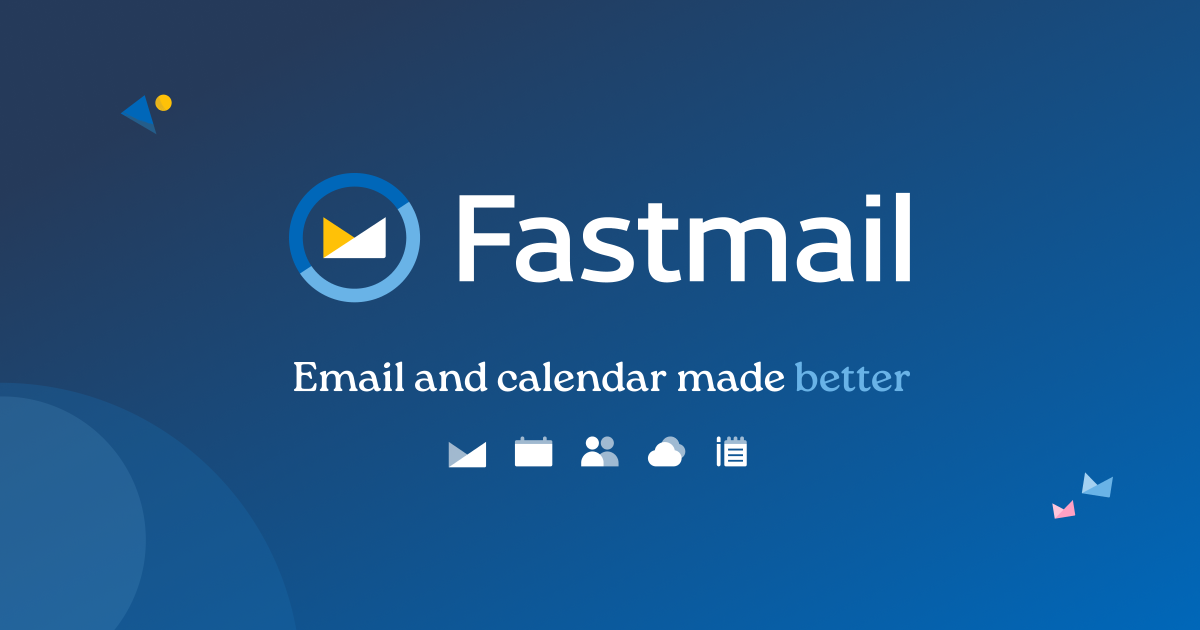Why is the default text representation for booleans in C# 'True' and 'False'
whereas in xml it is 'true' and 'false'?
It seems like it would make sense to have them both the same.
Metro T. Sauper, Jr.
President
Sauper Associates, Inc.
whereas in xml it is 'true' and 'false'?
It seems like it would make sense to have them both the same.
Metro T. Sauper, Jr.
President
Sauper Associates, Inc.


Comment